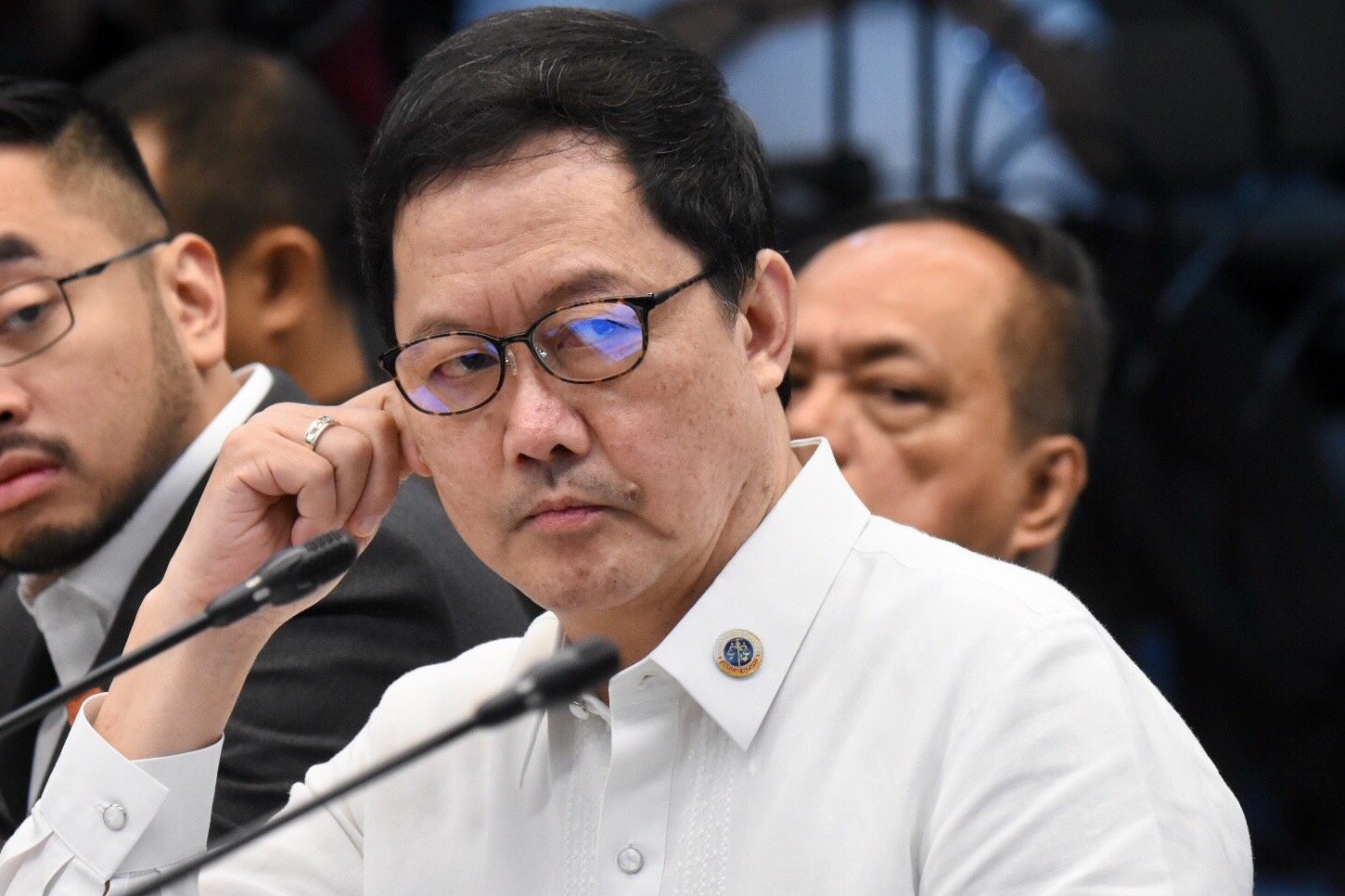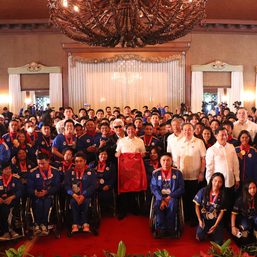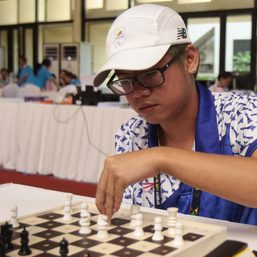SUMMARY
This is AI generated summarization, which may have errors. For context, always refer to the full article.

MANILA, Philippines – Justice Secretary Menardo Guevarra on Wednesday, February 5, defended his department order to investigate fake news on the 2019 novel coronavirus (2019-nCoV), saying there are “limitations to the constitutional right” to free speech.
“I expect that freedom of speech issues will be raised, but as lawyers we all know that there are limitations to this constitutional right, including the greater interest of the public,” Guevarra said in a message exchange with reporters on Wednesday.
Guevarra signed on Tuesday, February 4, Department Order No. 052 that tasked the National Bureau of Investigation (NBI) to investigate and prosecute “alleged deliberate spread of misinformation and fake news” about the 2019-nCoV, even though there is no law in the Philippines that defines and punishes “fake news.”
Pressed for a law that would cover this order, Guevarra said that if technology would be used, it would be “appropriate charges under the Revised Penal Code in relation to the cybercrime prevention law.”
Cybercrime and warrantless arrest
The Supreme Court has declared as unconstitutional the provision of Republic Act No. 10175 or the Cybercrime Prevention Act that punishes aiding and abetting crime, or in this context, sharing fake news.
Guevarra did not categorically answer whether those who share fake news would be punished, saying the NBI “will scope the field first and see if there’s a malicious scheme or pattern somewhere.”
“No further comments for now,” Guevarra said.
Guevarra was asked whether there is a possibility of a warrantless arrest because Rodel Jayme, the web administrator who was accused of uploading the Bikoy narcolist videos, was arrested without a warrant on the basis of a cybercrime investigation.
The Department of Justice (DOJ) upheld the warrantless arrest, citing “hot pursuit.” Jayme was eventually charged of inciting to sedition.
“It will all depend on the factual circumstances,” said Guevarra.
Free speech
Law professor Ted Te said the department order “directly contradicts freedom of expression,” citing the decision of the High Court in Chavez vs Gonzales that declared as unconstitutional a government press release against the publication of the “Hello, Garci” tape.
That decision, as in other decisions on free speech, said government regulations that restrict free speech must have a compelling state interest. One of the tests to determine this is the presence of a clear and present danger to the public.
Guevarra said the clear and present danger is “causing undue panic and alarm in part, but also undermining government efforts for a unified and coordinated approach to a common threat that affects us all.”
Te said that the DOJ must give the NBI clear guidelines on what to define as fake news.
“The DOJ and the NBI have their own cybercrime experts. I suppose they’ll scope the field first and see if there’s a malicious scheme or pattern somewhere,” said Guevarra.
Guevarra said “Malacañang had nothing to do” with the DOJ order. – Rappler.com
Add a comment
How does this make you feel?





There are no comments yet. Add your comment to start the conversation.